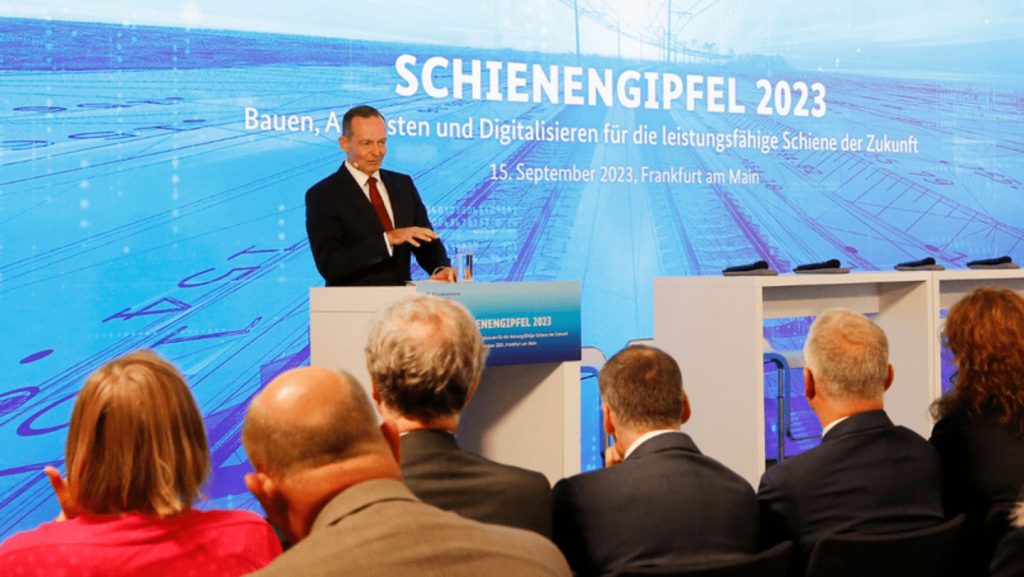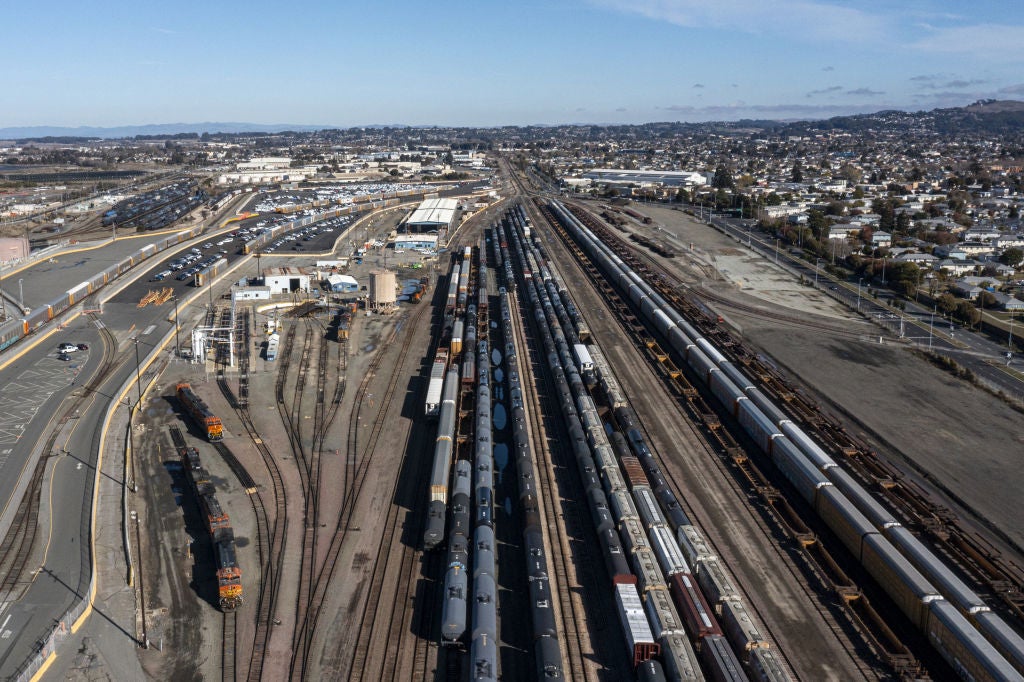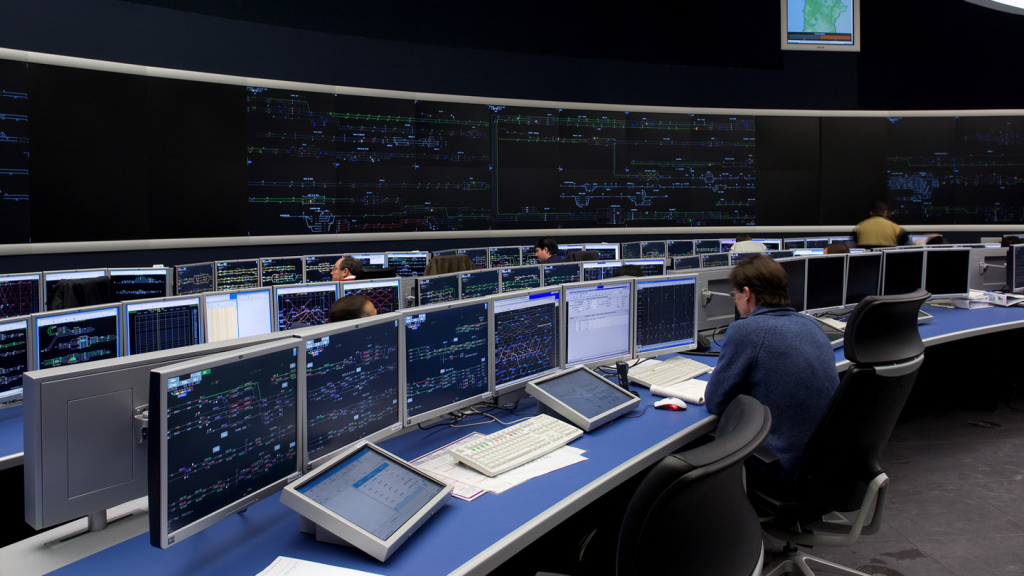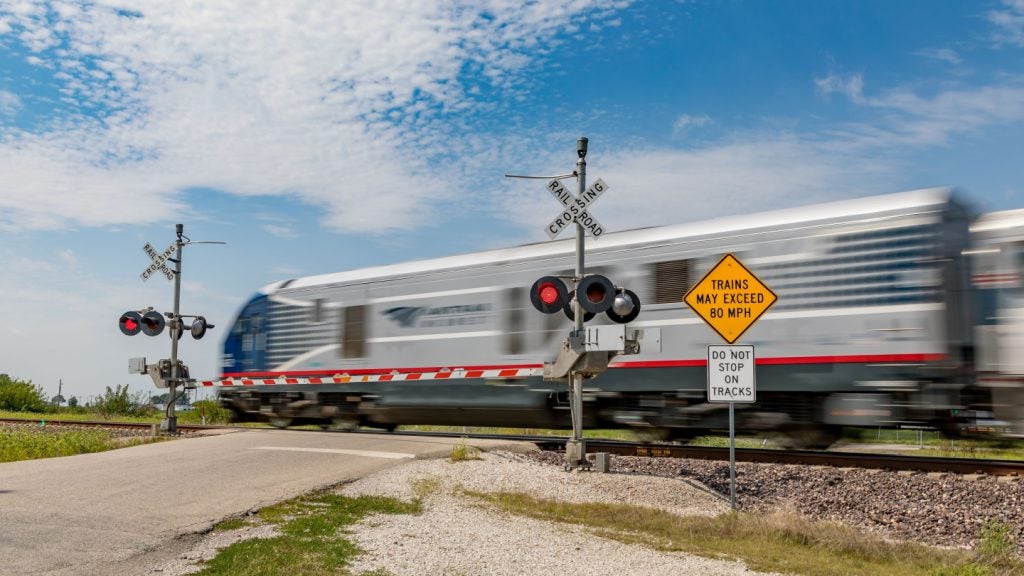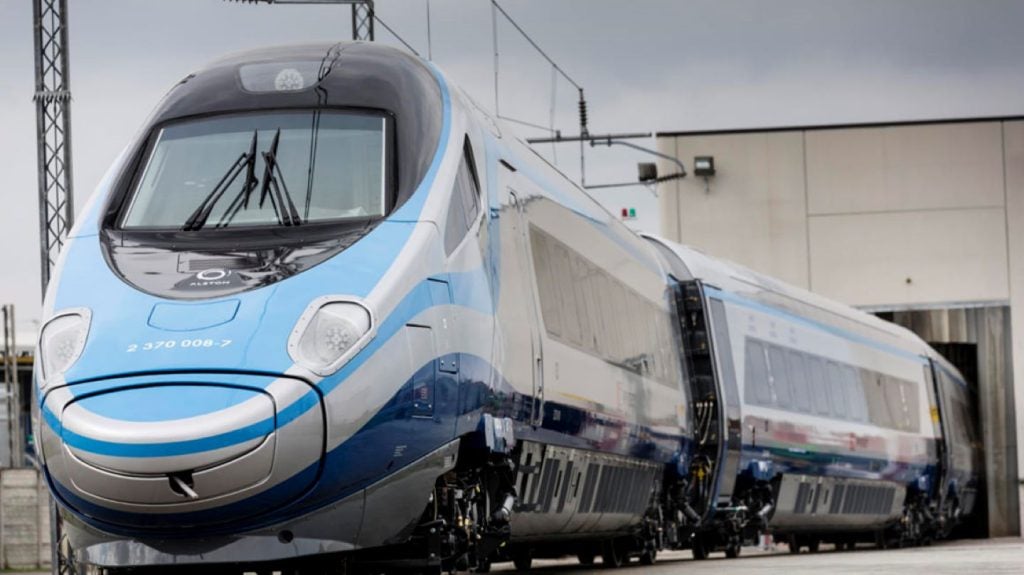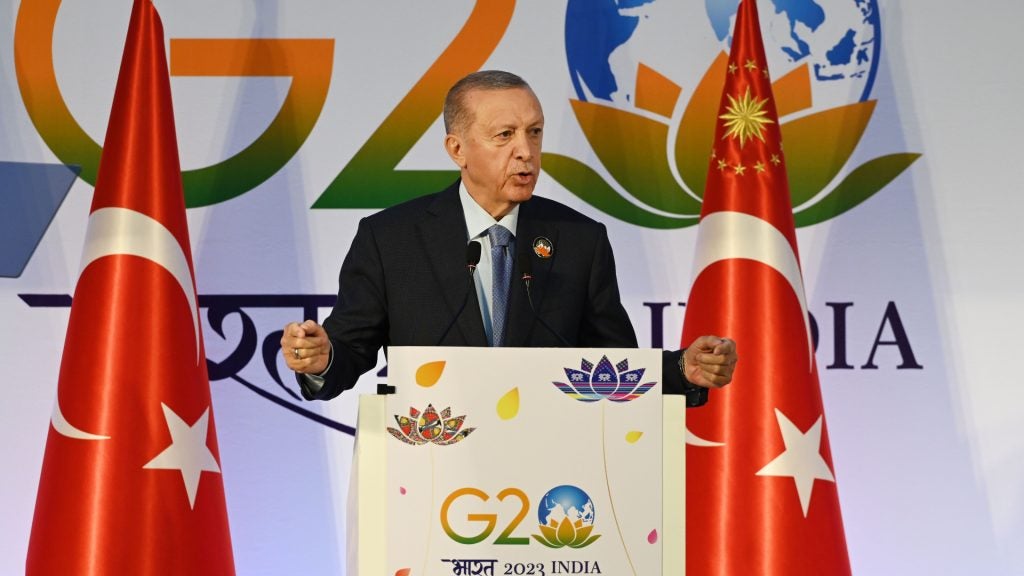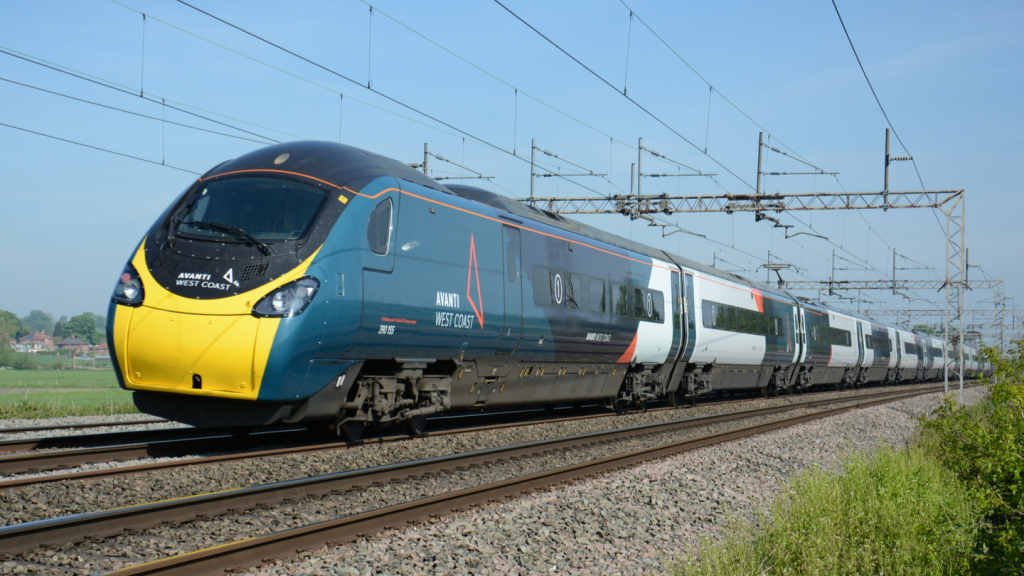Germany's Federal Minister for Transport Volker Wissing has revealed a €40bn ($42.7bn) investment will be made available through 2027 to address the country’s neglected rail infrastructure during a speech at the 2023 Rail Summit in Frankfurt.
Wissing stated that the German Government was providing the financial conditions for the significant improvements needed but the rail industry needed to capitalise on them and implement renovation works “as quickly as necessary”.
Volker Wissing said: “I call on the construction and rail industries to take advantage of this opportunity, make capacity available, turn rail into an economic stimulus program - for passengers, for logisticians, for the construction and rail industry and thus for Germany as a business location.”
Alongside the additional €11.5bn funding from the Ministry for Digital and Transport (BMDV), funding for the €40bn investment will also come from the government’s climate and transformation fund (€12.5bn), a “further equity increase” (€12.5bn) and from Deutsche Bahn itself, which will contribute €3bn.
The funds, described by Wissing as the “largest renovation and modernisation agenda” in the history of German rail, will largely go towards the renovation of a number of heavily used railway routes that have been identified by the BMDV as a priority for investment before 2030, with the first works to begin on the Riedbahn Frankfurt/M - Mannheim route from January 2024.
News of the investment has been welcomed by the German rail industry, with managing director of the German Railway Industry Association (Der Verband der Bahnindustrie in Deutschland), Axel Schuppe, saying he was “optimistic” about the announcement by Wissing.
Schuppe told radio station Deutschlandfunk: “We are of course looking to the future and if everything comes to pass, then the railways will really enter into a new era. Now, of course, it is a question of implementing the money in such a way that it can be installed, equipped and digitised."
The other rail corridors that have been prioritised include the Emmerich – Oberhausen and Hamburg – Berlin/Spandau corridors which will begin work in 2025, the Cologne – Hagen and Nuremberg – Regensburg in 2026 and the Mannheim – Karlsruhe corridor in 2030. Many of these are ICE routes.
Wissing explained the works set to happen on the network, saying: "This means that on the most important routes, switches, overhead lines, sleepers, signal boxes, stations and control and safety technology are brought up to speed."
Wissing’s announcement follows other recent investments into Germany’s rail networks, including the region of Baden-Württemberg’s €300m contract with Siemens Mobility for 28 regional train units and the delivery of the last of 100 new trains for the Berlin and Brandenburg S-Bahn network.


